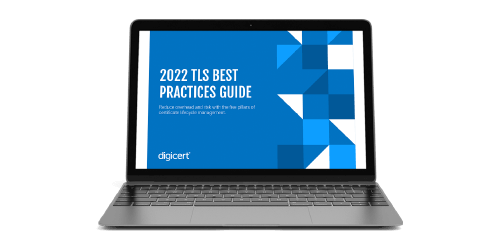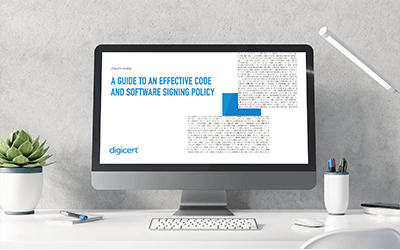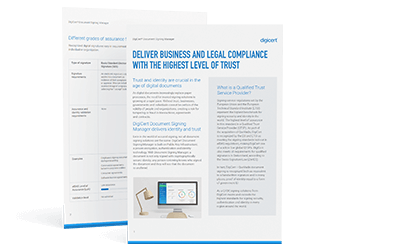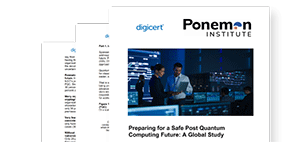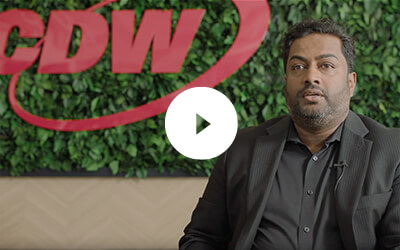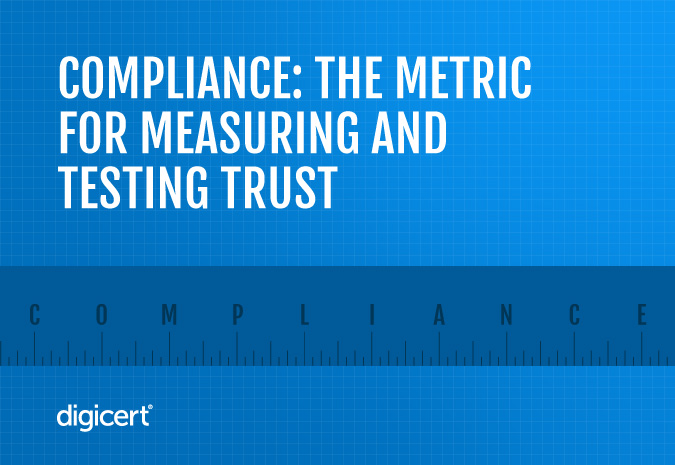
To anyone who isn’t heavily involved with compliance and regulations, things like protocols, working groups, ballots, and standards may seem like just another cost of doing business.
But as with most of the rules that govern society, compliance standards usually come about in response to a potential or proven threat. Compliance isn't red tape—it's the measuring tape that makes it possible to quantify digital trust.
The unseen dangers of cutting corners with compliance
Think about what keeps a driver from hitting their speedometer’s top speed. Sure, they might consider the physical risk driving 160 miles an hour could pose to themselves or others. The thought of losing control and going off the road or causing a high-speed collision is enough to prevent many from pushing the limits.
But there’s another threat that incentivizes people to maintain a reasonable speed: the fear of a costly ticket, losing their license, or even jail time.
Those consequences can be life changing. But the consequences of crashing a fast-moving car are often far more devastating. And while speed limits might seem like just another limitation, they play a crucial role in keeping the public safe.
Think of a business as a race car driver. Compliance is what puts the guardrails in place, helping the driver understand the rules and navigate the road to keep their business objectives on track.
In the world of digital security, compliance isn’t just about crossing T’s and dotting I’s. It’s about putting standards in place that protect the entire connected world, from banks to smart homes to healthcare organizations.
Digital certificates are a prime example. These “virtual passports” assure users that a website or online service is legitimate. But their effectiveness depends on rigorous standards for issuing, managing, and revoking them. And if even one organization cuts corners and fails to comply, the integrity of the entire system is put at risk.
Compliance is a shared responsibility
A single organization’s commitment to compliance has a ripple effect on the rest of the digital world, for better or worse. When companies take compliance standards seriously, the impact is positive and far-reaching, establishing the baseline of trust that enables secure online transactions and communications. Without that baseline, the internet as we know it couldn’t function properly.
Compliance isn’t just a switch you can flip and walk away from. It’s a constant mindset that requires dedication and continued investment. But the outcomes are well worth it—greater security, strong customer trust, and long-term protection for the health of the digital ecosystem.
How DigiCert is raising the bar on compliance
It’s not the fear of getting caught failing to meet compliance standards that motivates the team at DigiCert. It’s a deep understanding of the reasons those standards were put in place to begin with—and an understanding of the ways failing to meet them compromises digital trust.
That’s why we don’t just strive to meet the bare minimum; we set the standard. Here’s how:
- 1000+ controls that get tested through rigorous audits and accreditations throughout the year—we completed 31+ successful audits in FY24.
- External audit professionals on staff with deep PKI knowledge and experience from globally recognized (Big 4) audit firms.
- Geographically dispersed audit staff throughout global operational centers who understand the intricacies of operating businesses within those regions.
- Automation of our top 70+ controls most heavily tested across our biggest audits, with controls continuously monitored and tested by our Compliance staff.
- Continuous analysis and research into the changing compliance and risk landscape.
Our ongoing investment in compliance demonstrates DigiCert’s commitment to maintaining trust as a strategic priority.
A call to action for every organization charged with maintaining digital trust
As technology evolves and new threats like quantum computing arise, digital trust solutions will be forced to evolve in response, as will the standards that ensure the integrity of those solutions.
The work is never complete. But if we collectively prioritize compliance, the entire industry will make strides toward a safer, more trustworthy connected world.
The latest developments in digital trust
Want to learn more about topics like compliance, quantum computing, and digital trust? Subscribe to the DigiCert blog to ensure you never miss a story.


